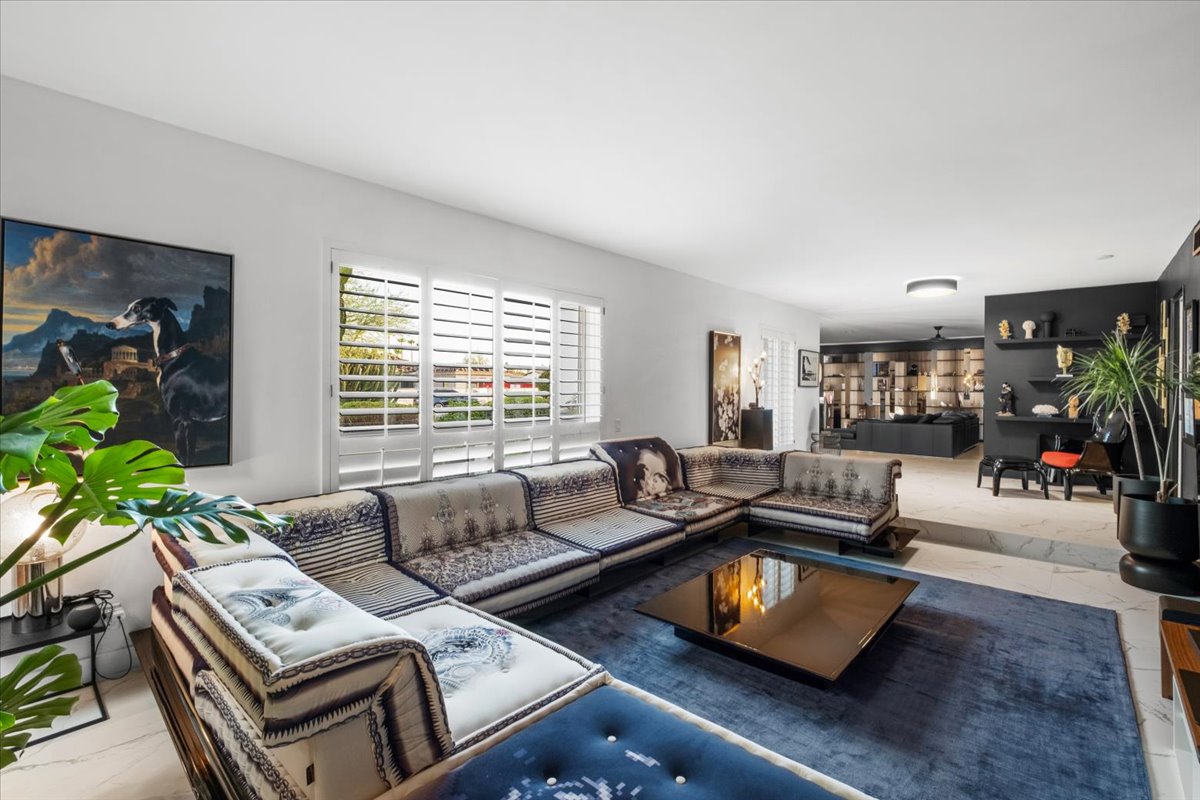A Crucial Mistake in Real Estate Sales
Home staging is an essential element in preparing a property for sale, yet it is often overlooked or undervalued by sellers. In this blog, we'll explore why neglecting home staging can be a significant misstep in the real estate market and how proper staging can enhance a property's appeal to potential buyers.
The Power of First Impressions
First impressions are pivotal in the home buying process. A well-staged home can captivate potential buyers from the moment they walk in, helping them envision living in the space. Staging highlights the property's strengths, minimizes its weaknesses, and creates a welcoming atmosphere. On the contrary, an unstaged home can appear uninviting, making it harder for buyers to connect with the property emotionally.
Maximizing Space and Functionality
Staging is not just about decor but also about showcasing the functionality and potential of a space. Furniture arrangement, for instance, can make a room feel more spacious or cozy. Neglecting this aspect can leave rooms looking either cluttered or too barren, thus failing to demonstrate the practical usage of the space to buyers.
The Impact on Photos and Virtual Tours
In today’s digital age, most homebuyer journeys begin online. High-quality photos and virtual tours are crucial, and staging plays a significant role in this. A professionally staged home photographs better, offering visually appealing online listings that stand out. Homes that are not staged may not photograph as well, potentially leading to fewer online views and in-person visits.
Staging and the Emotional Appeal
Buying a home is an emotional decision. Staging helps create an environment that strikes a chord with potential buyers. A thoughtfully staged home can evoke a sense of comfort and belonging. Without staging, homes may feel impersonal and fail to create that essential emotional connection with buyers.

Staging as a Tool for Selling Quicker
and at a Better Price!
Statistics consistently show that staged homes sell faster and often for a higher price than unstaged homes. Staging creates a move-in-ready appearance, appealing to buyers who are looking for a hassle-free transition. By neglecting staging, sellers might be inadvertently lengthening the time their property stays on the market and potentially reducing the final sale price.
Tips for Effective Home Staging
Declutter and Depersonalize: Remove personal items and clutter to create a neutral space where buyers can envision their own lives.
Enhance Curb Appeal: First impressions start with the exterior. Simple touches like manicured lawns and a clean entryway can make a significant difference.
Focus on Key Areas: Prioritize rooms that have the most influence on buyers’ decisions, like the living room, master bedroom, and kitchen.
Opt for Neutral Colors: Neutral colors appeal to a broader range of buyers and make spaces appear larger and brighter.
Invest in Minor Repairs: Small fixes can improve the overall feel of the home, making it appear well-maintained and cared for.
Conclusion
Neglecting home staging is a misstep that can have tangible impacts on the sale of a property. Effective staging not only enhances the aesthetic appeal of a home but also its functionality and emotional resonance. By investing time and effort into staging, you can significantly improve their chances of a quicker, more profitable sale in the competitive real estate market.
Let us help you in your real estate journey.



